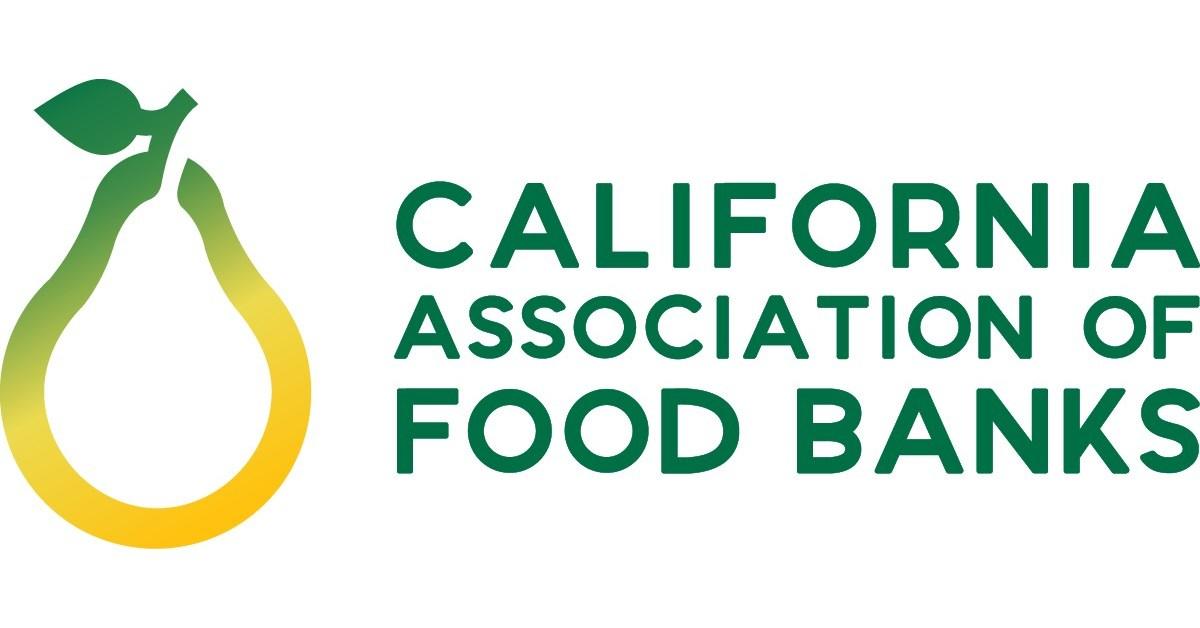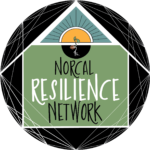
Food
Sustainable Eating and growing
Make a Donation
Join the Movement
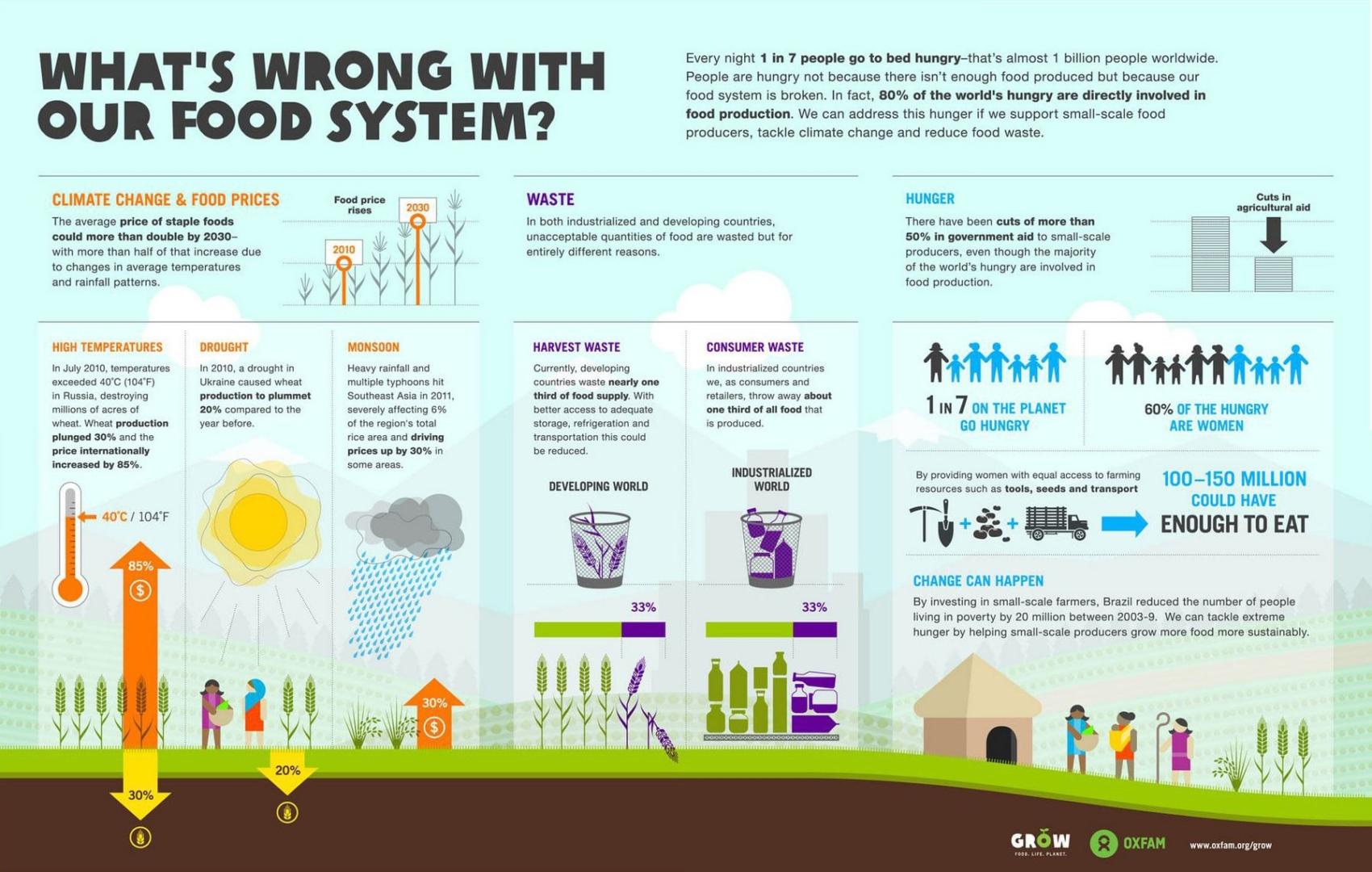
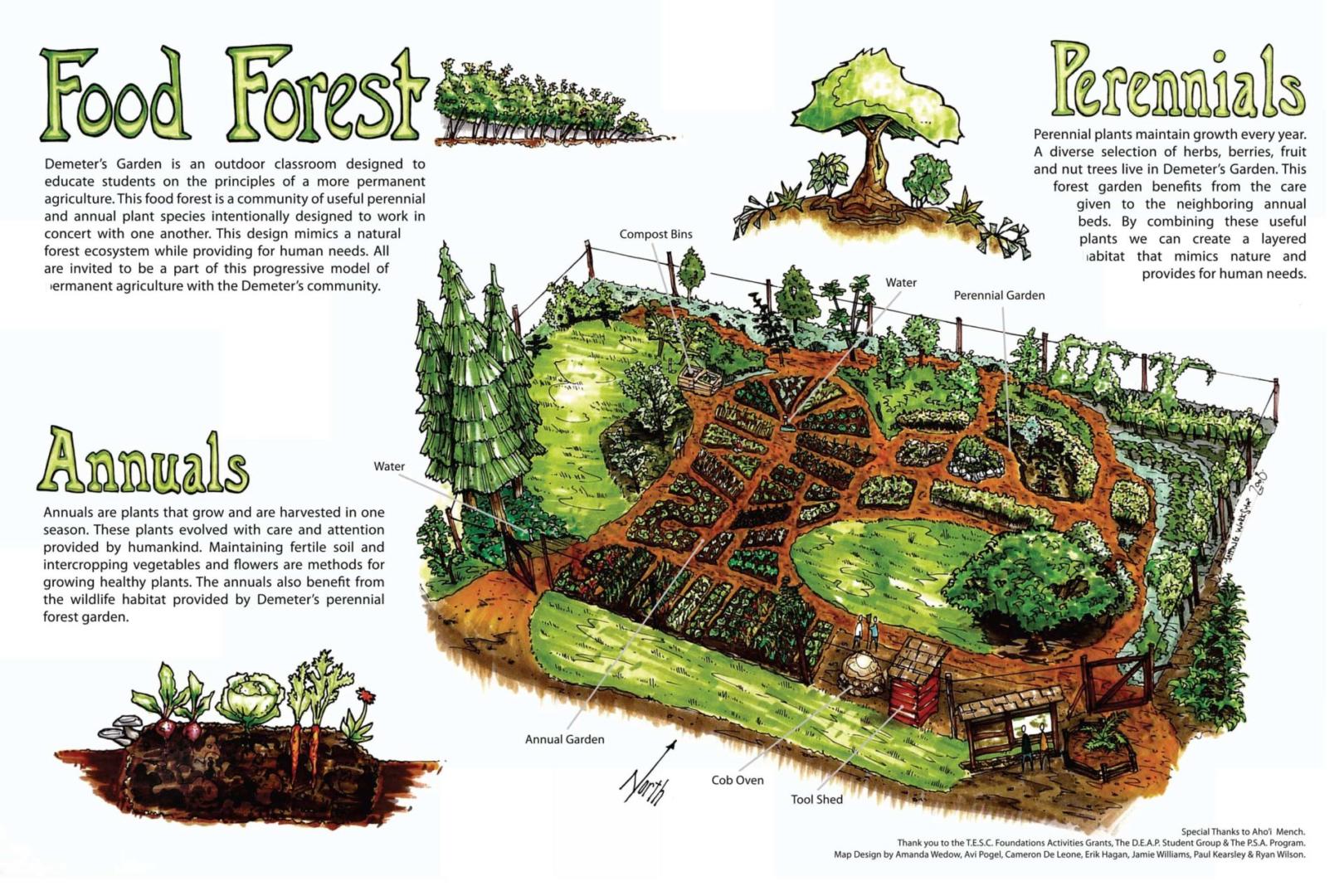
Best Practices
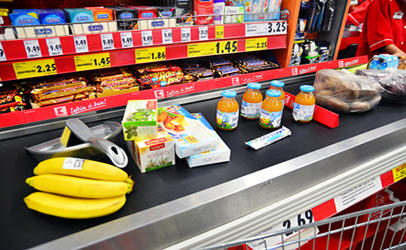
Limit Food Waste
- Roughly 40% of the food produced in the United States is thrown away.
- One of the best things you can do to build resilience and fight climate change is to only buy food that you will eat.
- Not only does this help the environment, but it also saves money that would be wasted on wasted food.
- There are various ways to reduce food waste including planning meals before going to the store, properly store perishable food to prevent spoilage, and utilize “ugly” foods amongst other things.
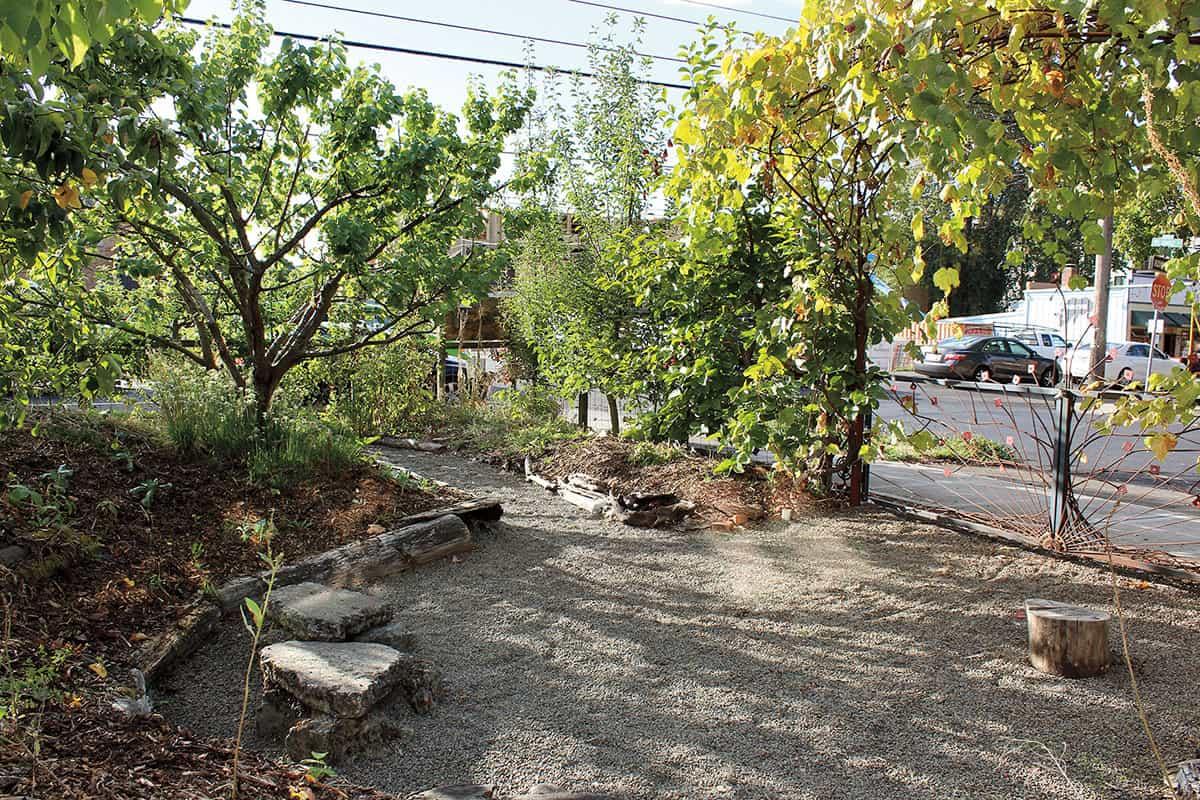
Set Up a Permaculture Food Forests
- A variation on a garden is a food forest that uses permaculture techniques to grow food sustainably.
- These often consist of annual and perennial plants. They are designed to require minimal human intervention, acting as their own ecosystem.
- Beyond being incredibly productive, food forests, if designed well, can be pests and bring communities together.
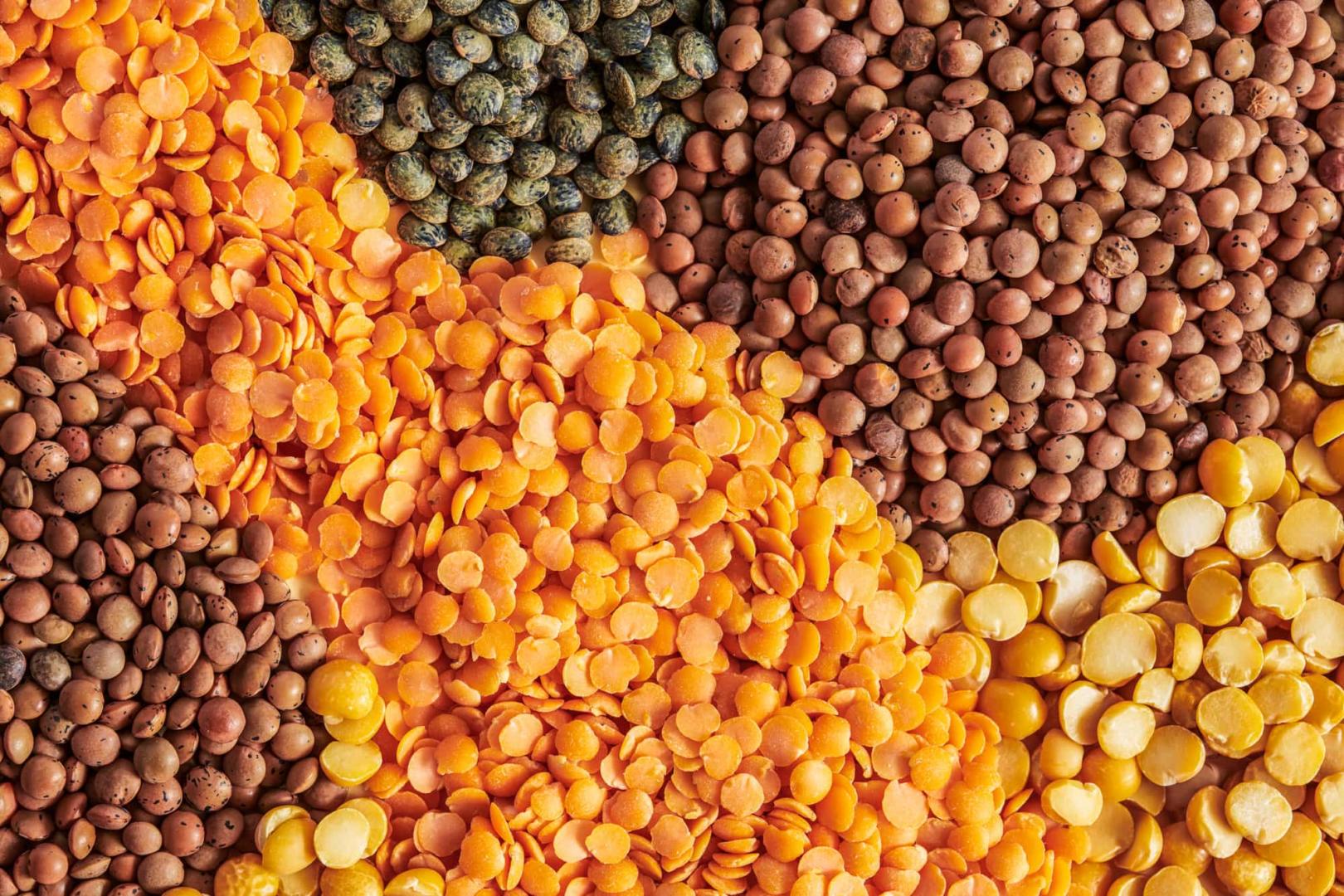
Eat Sustainable Foods
- Certain foods have lower environmental impacts than others.
- Most animal products, chocolate, and rice require unsustainable amounts of water.
- Food can also contribute to global warming with meat and chocolate being the worst offenders.
- Unsustainable food production is the leading cause of deforestation with beef, soybean meal, and palm oil being the worst offenders.
- Choosing sustainable options lowers the impact our eating habits have on the planet.
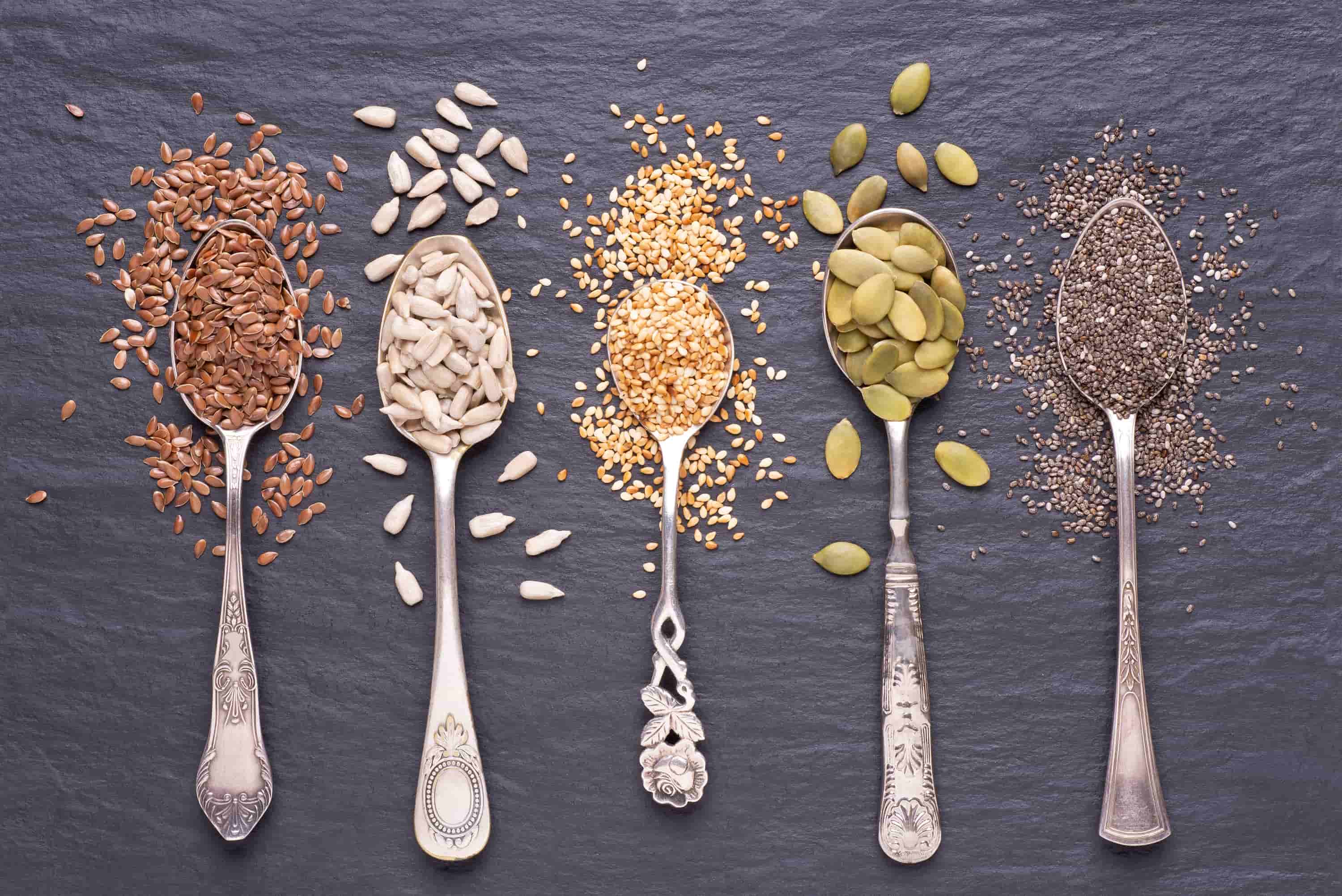
Crop Swaps & Seed Exchanges
- Want to save money and help save the planet? Set up or find a local crop swap and seed exchange.
- As the names imply, both activities involve community gardeners trading their excess produce and seeds.
- Besides offering a greater variety of fruits and vegetables, crop swaps and seed exchanges are excellent ways to build a sense of community.
- These connections strengthen resilience by having community members look after one another.
- Check out Transition Berkeley’s Weekly Crop Swaps
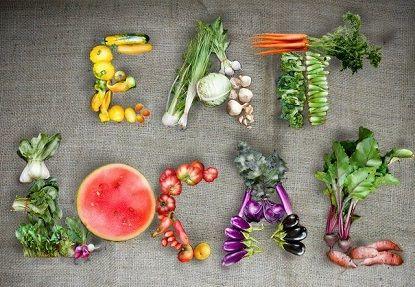
Buy Local and Seasonal Foods
- Although not as environmentally impactful as avoiding unsustainable foods, eating local and seasonal produce has many upsides.
- Buying these foods has the potential to cut personal greenhouse gas emissions by 4-5 percent compared to other varieties.
- You would also be building local resilience by support the regional economy and small farmers.
- This produce is also more nutritious than other varieties, but it is often unavailable in food deserts and more expensive when sold at farmers’ markets.
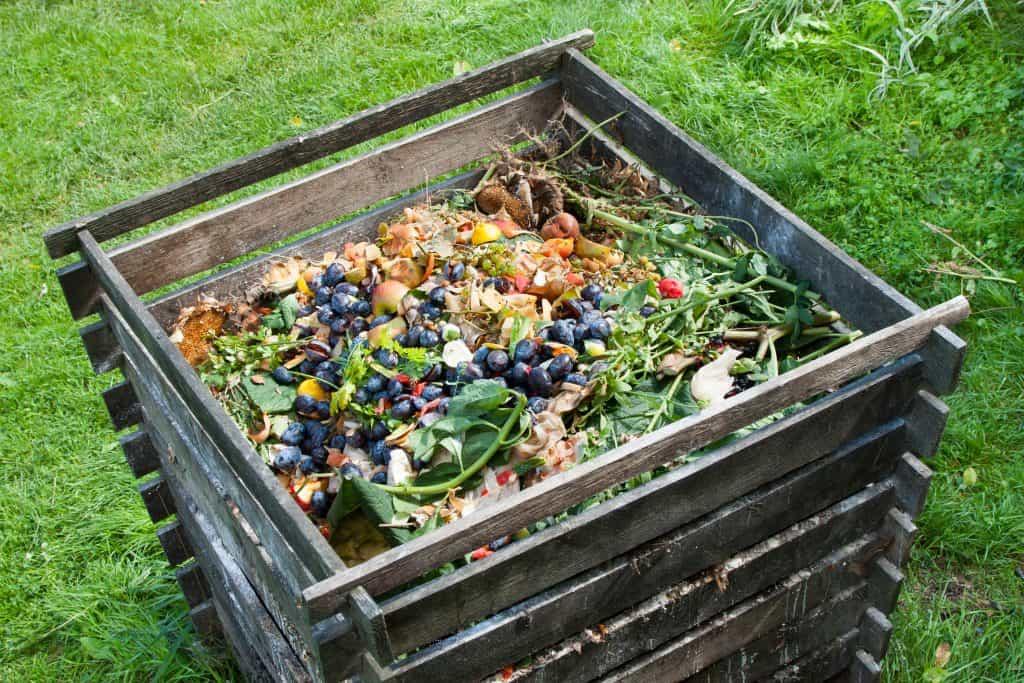
Create a Home Composting System
- Not all food waste can be avoided, but waste that goes to landfills creates methane, contributing to climate change.
- At-home composting is ideal for those without access to composting services or who want to use the byproduct as fertilizer.
- Home composting can be done in a number of ways, but it usually requires a blend of nitrogen-rich “green” organic material, carbon-rich “brown” organic material, and water.
- After a couple of months, the compost will have decomposed and be useable as nutrient-rich fertilizer.
Community Based Organizations

Ashby Gardens is a community garden and NorCal Resilience Partner. They utilize permaculture practices through their work as an urban gardening center.
The California Association of Food Banks is a non-profit organization that represents 41 food banks throughout the state. They also engage in outreach for CalFresh.

The Urban Permaculture Institute is another NorCal Resilience partner. They design asset-based resilience solutions for communities. They offer a permaculture design certification program for $1,200 with accommodations for those who lack the financial capacity.

The California Climate and Agricultural Network is a coalition of farmers, scientists, and advocates who push for legislation and promote sustainable agricultural techniques.
Canticle Farm is one of our partners and is based out of East Oakland’s Fruitvale district. They teach urban agriculture and have a sustainable food forest.
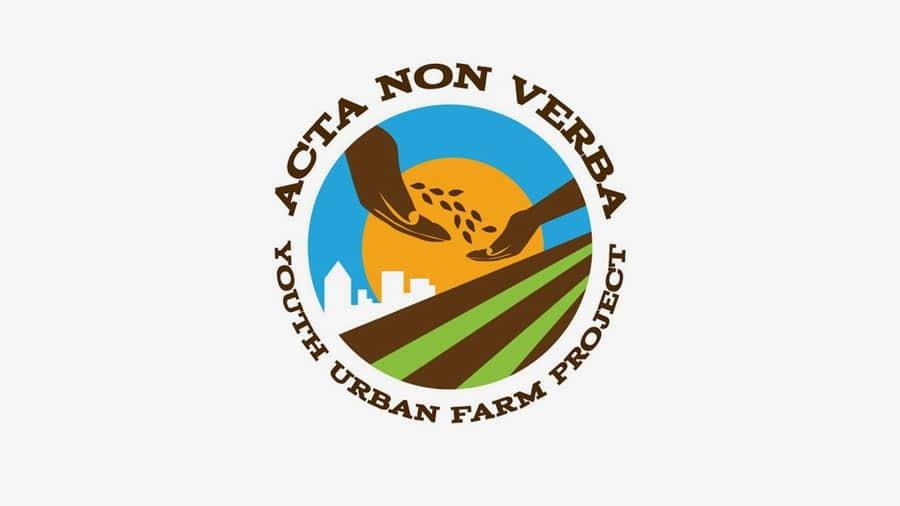
Acta Non Verba is an Oakland Based urban farming organization that teaches children about agriculture and distributes fresh produce in food deserts.
Local Governments
University of California Agriculture and Natural Resources has extensive information about urban agriculture including starting an urban farm and specific zoning laws.
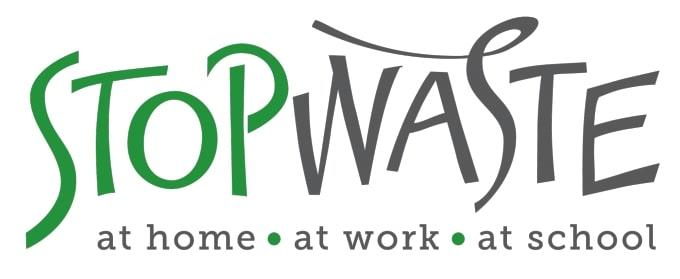
Stop Waste is an Alameda County public agency which collaborates with local partners to reduce food waste, promote recycling, and boost efficient use of resources such as electricity.
If you’re interested in starting an urban farm, then it is important to know the zoning laws regarding land usage. Urban AG Law has extensive information on urban agriculture and the various laws that impact zoning.
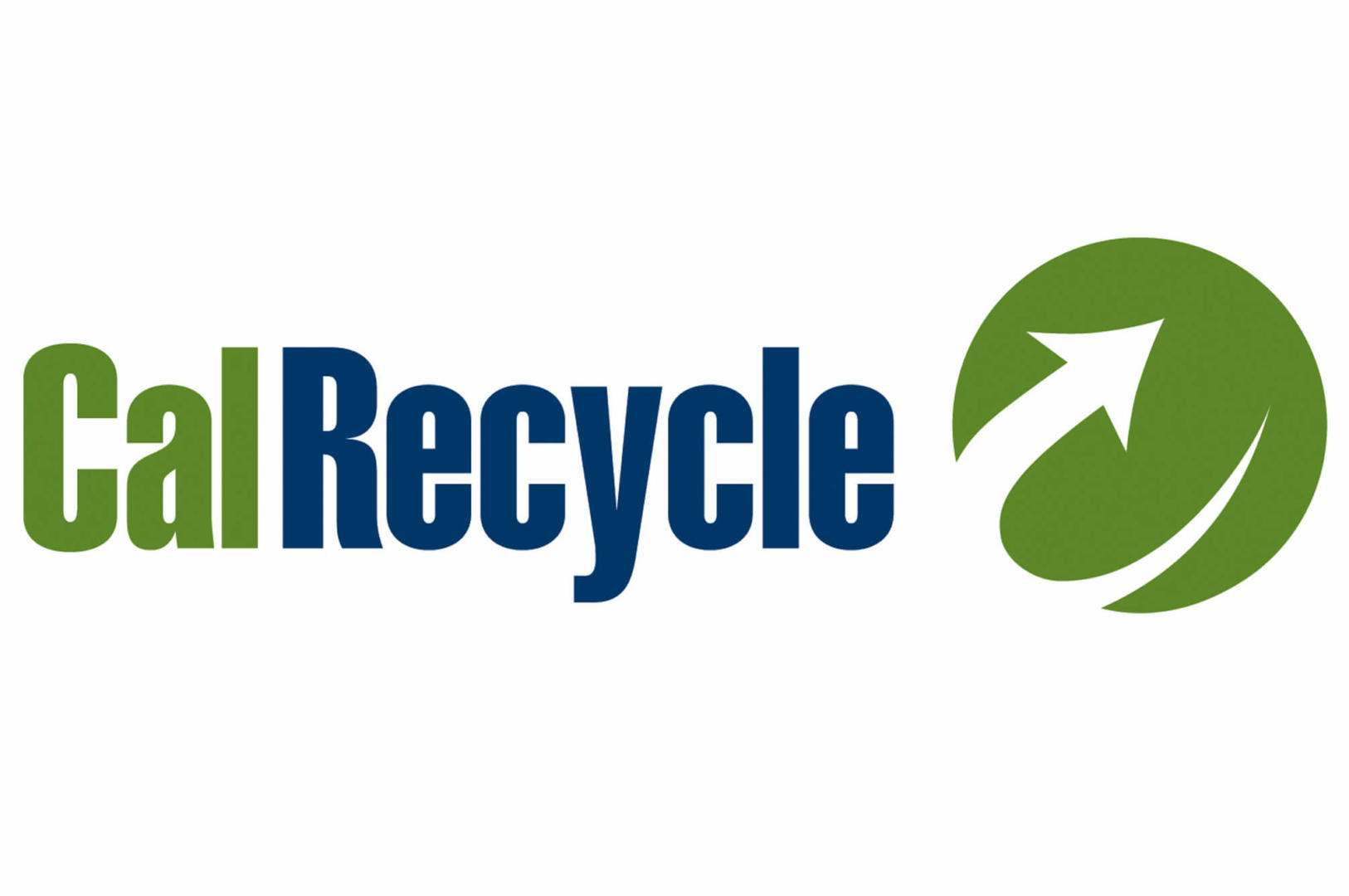
CalRecycle has extensive information regarding how various businesses and households can reduce food waste. They also give models for the effective management of food waste for various sectors.
Additional Resources
- NorCal Partners
- Equitable Food Systems
- Food distribution
- Neighborhood/Community-Based Food Solutions
